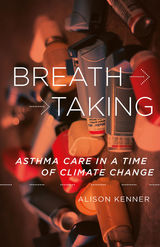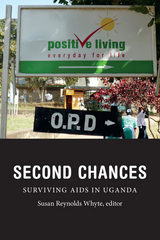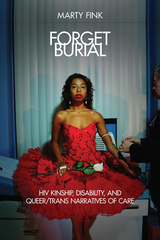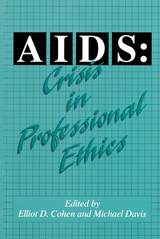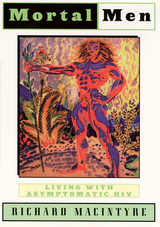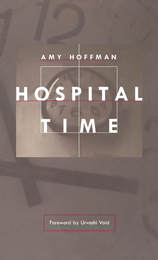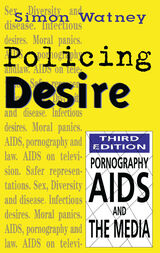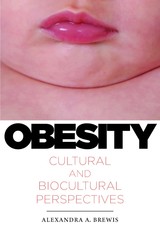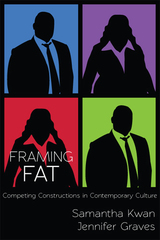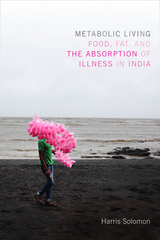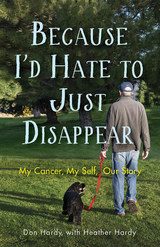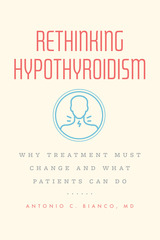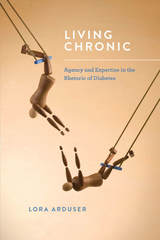Life with AIDS
Rutgers University Press, 1991
Cloth: 978-0-8135-1629-5 | eISBN: 978-0-8135-8562-8
Library of Congress Classification RC607.A26W45 1991
Dewey Decimal Classification 362.1969792
Cloth: 978-0-8135-1629-5 | eISBN: 978-0-8135-8562-8
Library of Congress Classification RC607.A26W45 1991
Dewey Decimal Classification 362.1969792
ABOUT THIS BOOK | AUTHOR BIOGRAPHY
ABOUT THIS BOOK
Rose Weitz presents a holistic picture of the experiences of people with HIV disease, using their own words and focusing on the issues that they consider important. Her information comes from in-depth interviews with women and men who have HIV disease--from those who are asymptomatic but infected to those who have full-blown AIDS--and from interviews with doctors who treat persons with HIV disease.
Weitz describes how these people are affected by and respond to the changes in their bodies and their social relationships, from the time when they realize that they are at risk of infection to the time when death approaches. It covers such issues as how individuals obtain diagnoses, develop their initial ideas about what the future will bring, and come to terms with their impending deaths. To put this into a broader context, she also explores the moral status of illness in general and looks at why some illnesses, including HIV disease, have become especially stigmatized.
The author also explores how doctors are affected by and cope with the unique pressures of treating persons with HIV disease. The concluding chapter theorizes about how changes in the social construction, demographic distribution, and treatment of HIV disease are changing the lives of people with AIDS.
Weitz describes how these people are affected by and respond to the changes in their bodies and their social relationships, from the time when they realize that they are at risk of infection to the time when death approaches. It covers such issues as how individuals obtain diagnoses, develop their initial ideas about what the future will bring, and come to terms with their impending deaths. To put this into a broader context, she also explores the moral status of illness in general and looks at why some illnesses, including HIV disease, have become especially stigmatized.
The author also explores how doctors are affected by and cope with the unique pressures of treating persons with HIV disease. The concluding chapter theorizes about how changes in the social construction, demographic distribution, and treatment of HIV disease are changing the lives of people with AIDS.
See other books on: AIDS | AIDS (Disease) | Life | Medical | Psychological aspects
See other titles from Rutgers University Press


